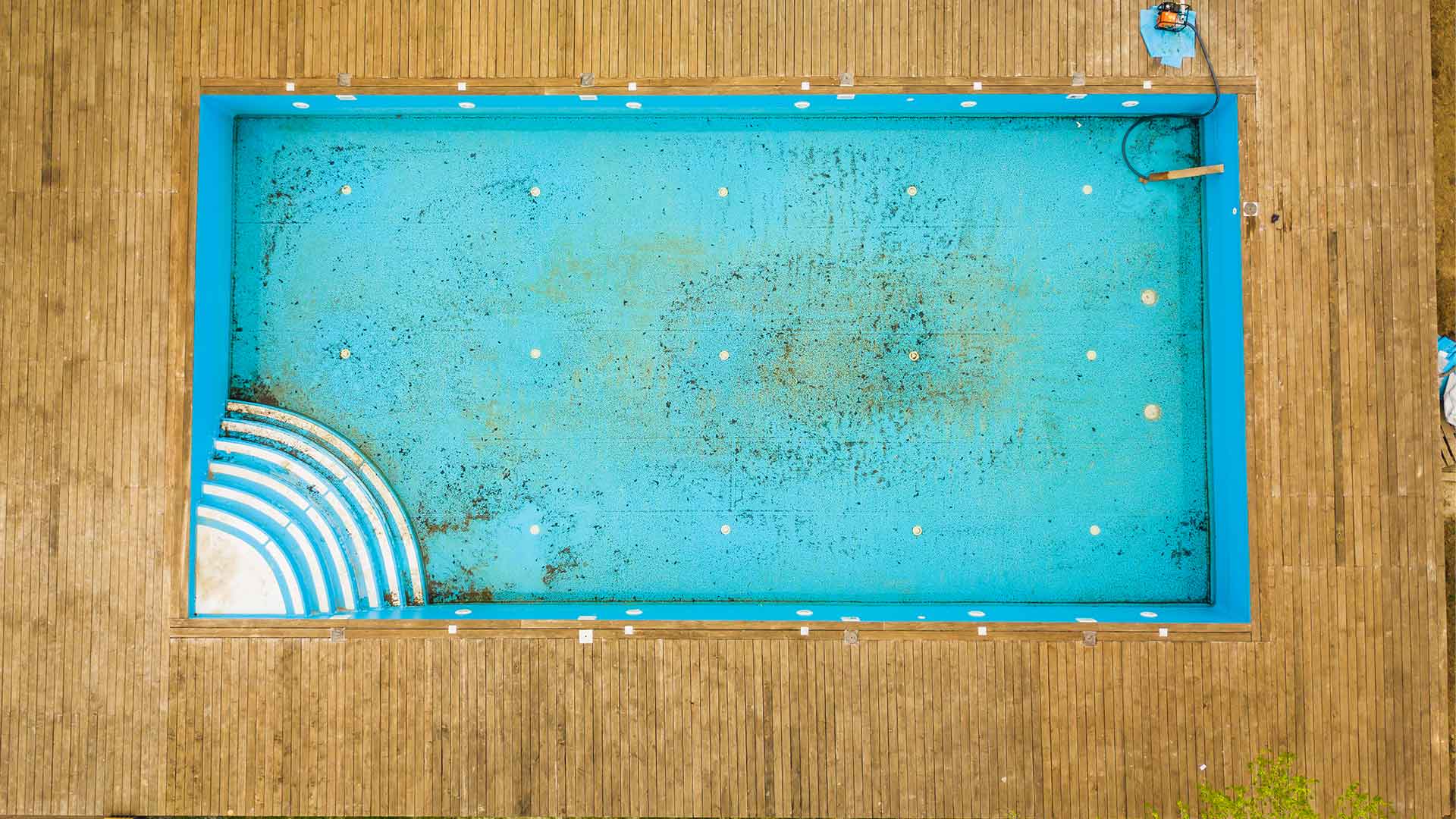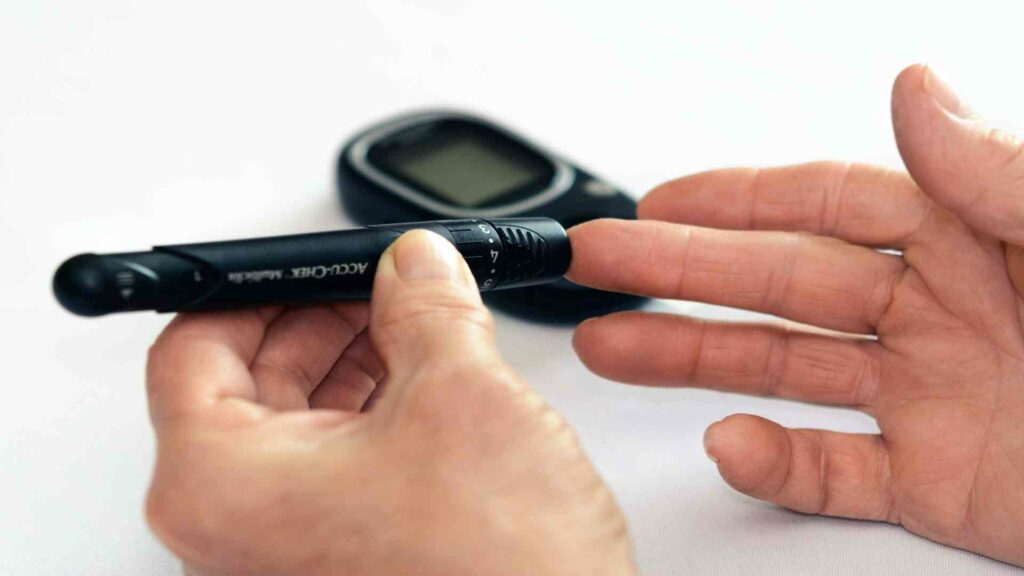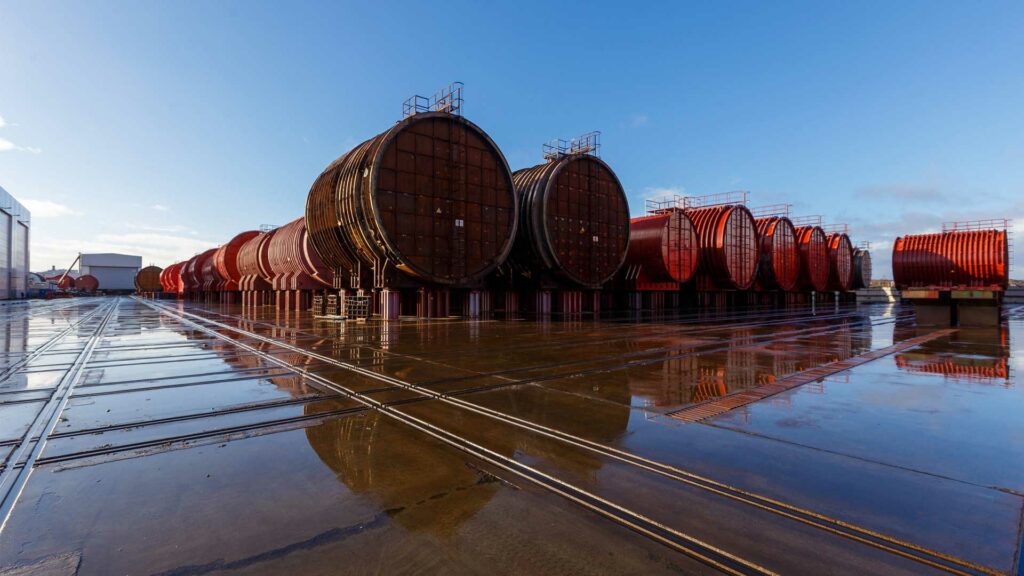Boron in Pools – How to keep your swimming pool clean
Swimming pools are a great way to get in some exercise and have fun with friends and family. But swimming pools also require maintenance and Keeping your swimming pool clean might seem like a daunting task as maintaining a swimming pool is not always easy, but the application of boric acid and sodium borates can make it much easier. Boric acid and sodium borates are commonly used as pH buffers in swimming pools and spas – they help increase the capacity of the water to resist changes in pH and many other perks. However, these applications do require routine maintenance by an experienced swimming pool professional who knows how to maintain proper levels of both chemicals so that their benefits last longer.

Pool chemistry
Swimming pool chemistry is the relationship between different chemical measurements in swimming pools, as the pH levels need to be balanced for optimum performance and safety. By the balanced pool, it is meant that proper level of pH, with completely checked alkalinity and calcium hardness must be checked to provide a safe water environment for people to swim in. The advised values are:
pH=7.2-7.8, total alkalinity=80-120ppm, calcium hardness=180-220ppm, Cyanuric Acid (Stabilizer): 30-50 ppm.
You should know what type of swimming pool chemical is best suited for your swimming pools so you can keep the water levels at an appropriate level and make them safer for everyone.
If you have a swimming pool, chances are that it has an automatic swimming pool maintenance system in place to maintain the water chemistry levels of your swimming pool. For example, removing phosphates from the swimming pool is often part of this as well. Phosphates enter into your swimming pools for instance from the person swimming in the pool or from the swimming pool chemical that is used for the swimming pool, which may result in the necessity to remove phosphates and other minerals from your swimming pool before you can maintain pH levels in your swimming pool. A typical way of removing phosphates would involve adding swimming pool chemicals to the swimming pools. You would need to know what type of phosphate and borate swimming pool chemical is best suited for your swimming pools so you could remove phosphates from your swimming pools easily without any hassles at all on your part.
Boron’s role in cleaning your pool
As we know, boron is a mineral found commonly in nature and has an application in keeping swimming pools clean. Boric acid and sodium borate are compounds derived from boron and are the chemicals used for cleaning pools using pool chemistry. Also, borates are highly recommended for pools according to the pool chemistry. Some advantages of these the compounds of boron for this purpose are:-
- They are cheaper than traditional chemical treatments like chlorine.
- They can be mixed with water at a higher concentration, which saves time on mixing and prevents the splashing of un-measured chemicals.
- They are known to have applications including inhibiting algae growth, reducing corrosion, or can be applied directly to swimming pool surfaces for killing bacteria.
- The borax used in swimming pools is not harmful to humans and animals, or plants.
- These do not cause skin irritation.
- Adding borate is a one-time thing. Borate does not decompose, get used up, or expire.
- Borate is only lowered by water in concentration which is not a tough task.
With these two compounds on hand, you can save time by quickly cleaning up after yourself – no need to scrub!
Why Boron compounds are a better option
The traditional methods include the use of baking soda (sodium bicarbonate) and soda ash (sodium carbonate) to maintain the pH of pools and these are the chemicals that are usually used by the pool owners. These chemicals help in raising the pH of the pool, increasing the alkalinity often leading to a fluctuation in the pH levels which defeats the purpose of adding chemicals to stabilize the water.
Hence, boron compounds are tremendously effective at stabilizing alkalinity and acting as a pH buffer in swimming pools. Though boron can be toxic at higher concentrations but keeping the levels below 400 ppm have no harm, only perks. Any more than that could result in boric acidosis – a condition where borates accumulate in the body and disrupt boron levels.
What Borax does to a cloudy pool
Borax is the most common compound of boron and acts as an active buffer for swimming pools by stabilizing the chemicals used for making the pool safe. It increases the alkalinity by increasing the pH maintaining an enticingly blue swimming pool.
Certainly, borax helps in clearing the cloudy pool as it is a stabilizer for the pool’s water. it makes the water clearer and also raises the total alkalinity. Inhibiting the growth of microorganisms, making it safer to swim in with a lower risk of infection from germs or bacteria.
Pool can be used after a 30-minute wait
According to research, if the pool has good water circulation, 30 minutes are enough to let it be safe for swimming. A device called a pool calculator can be used for this purpose.





